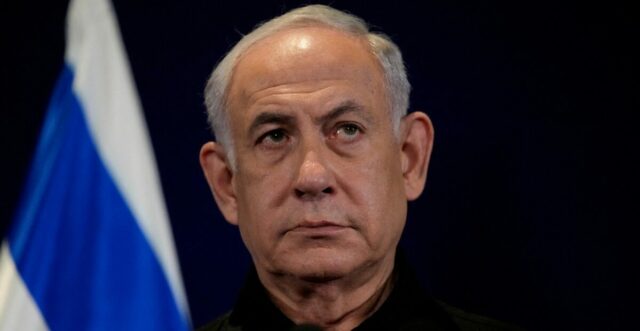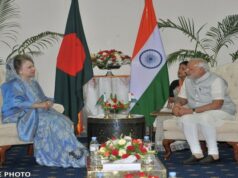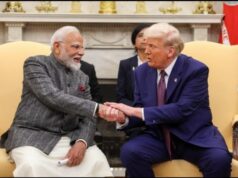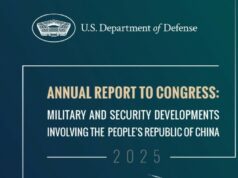Where does Israel stand as the Gaza War marks its first anniversary?
Israel stands virtually unchallenged, for the time being, in South Lebanon where through fire and sword, it has left Hezbollah battered and beaten, its top leadership and field commanders either dead, incapacitated or in hiding.
It’s another story when it comes to Hamas. Recall, the original sin was by Hamas, when it stormed out of Gaza on Oct 7 last year, enveloping Israel’s southern settlements with its own variant of fire and sword.
Around 1,200 people died, 240 were taken hostage and at the last count, at least 100 are still untraced.
While Israel has taken out Ismail Haniyeh, Hamas’ political chief, and scores of field commanders and ordinary fighters, the military commander Yahya Sinwar remains at large.
“That’s the paradox,” says Dr Khinvraj Jangid, who heads Israel studies at Jindal Global University. “Logically, Israel should have concentrated on Hamas, prioritising the release of the hostages instead it turned its guns on Hezbollah, hoping that by sorting out a key Hamas ally, it could bring the latter under pressure.”
Has that happened? The hostages remain in limbo, and the latest reports say Israel carried out airstrikes on a school and a mosque in Gaza, terming them “command and control centres” for Hamas.
One was under the impression that Hamas had been sorted out over the last 10 months of operations in Gaza. Was the Israeli strategy flawed?
“This is where the personality of Prime Minister Benjamin Netanyahu comes in,” says Dr Jangid. “His thinking is Machiavellian, he does not believe in dialogue, compromise or mediation and is prone to act unilaterally. To him, war is not an anomaly, it’s a way of life.”
The last also taps into a vein in Israel’s highly militarised society where it is seen that the only way to live in that region is by virtue of arms. It doesn’t help that Israel is surrounded by enemies some of whom have repeatedly and publicly called for the Jewish state’s annihilation.
Perpetual conflict also serves the Israeli right wing and fits into Netanyahu’s politics. It results in international isolation and the pro-Palestine rallies roiling universities in the US is one manifestation of that.
The other is President Macron’s decision the other day: “Our priority now is to avoid escalation … to get back to a political solution and that (French) arms used to fight in Gaza are halted. France doesn’t ship any.”
It’s another point that French arms sales to Israel are a drop in the ocean, around $33 million in an Israeli defence budget of over $23 billion in 2022. That figure has gone up since the Hamas attack last year.
Israel would have been in a better position if Netanyahu had compromised, keeping in mind that the hostages are the priority, not the annihilation of Hamas or Hezbollah. This is what President Biden wanted.
But that didn’t suit Netanyahu. Today, Israel remains helpless with regard to the hostages and insecure after a year of war.
Thirty eight years in journalism, widely travelled, history buff with a preference for Old Monk Rum. Current interest/focus spans China, Technology and Trade. Recent reads: Steven Colls Directorate S and Alexander Frater's Chasing the Monsoon. Netflix/Prime video junkie. Loves animal videos on Facebook. Reluctant tweeter.





